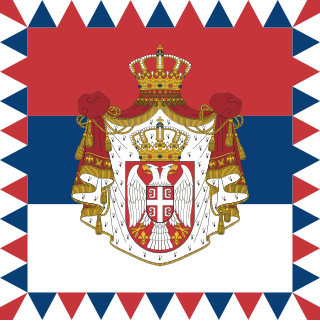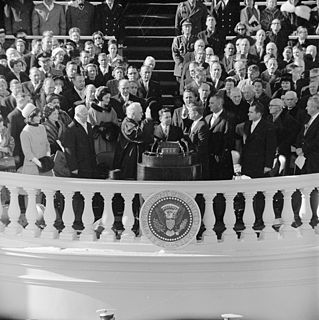| OP | President | Date of birth | Start of presidency | Age at start of presidency | End of presidency | Age at end of presidency | Length of retirement | Date of death | Lifespan |
|---|
| 1 | Bourguiba, Habib Habib Bourguiba | 1903-08-03(1903-08-03)August 3, 1903 | July 25, 1957 (1957-07-25) | 53-35653 years, 356 days | November 7, 1987 (1987-11-07) | 84-09684 years, 96 days | 04,5344,534 days | 2000-04-06(2000-04-06)April 6, 2000 | 35,311 days (96 years, 247 days) |
| 2 | Ben Ali, Zine El Abidine Zine El Abidine Ben Ali | 1936-09-03(1936-09-03)September 3, 1936 | November 7, 1987 (1987-11-07) | 51-06551 years, 65 days | January 14, 2011 (2011-01-14) | 74-13374 years, 133 days | 03,9543,954 days | 2019-09-19(2019-09-19)September 19, 2019 | 30,331 days (83 years, 16 days) |
| 3 | Mebazaa, Fouad Fouad Mebazaa | 1933-06-15(1933-06-15)June 15, 1933 | January 15, 2011 (2011-01-15) | 77-21477 years, 214 days | December 13, 2011 (2011-12-13) | 78-18178 years, 181 days | 03,6213,621 days | 2021-11-11Living | 32,291 days(88 years, 149 days) |
| 4 | Marzouki, Moncef Moncef Marzouki | 1945-07-07(1945-07-07)July 7, 1945 | December 13, 2011 (2011-12-13) | 66-15966 years, 159 days | December 31, 2014 (2014-12-31) | 69-17769 years, 177 days | 02,5072,507 days | 2021-11-11Living | 27,886 days(76 years, 127 days) |
| 5 | Caid Essebsi, Beji Beji Caid Essebsi | 1926-11-29(1926-11-29)November 29, 1926 | December 31, 2014 (2014-12-31) | 88-03288 years, 32 days | (2019-07-25)July 25, 2019 | 92-23892 years, 238 days | 00,0000 days | 2019-07-25(2019-07-25)July 25, 2019 | 33,841 days (92 years, 238 days) |
| 6 | Ennaceur, Mohamed Mohamed Ennaceur | 1934-03-21(1934-03-21)March 21, 1934 | July 25, 2019 (2019-07-25) | 85-12685 years, 126 days | October 23, 2019 (2019-10-23) | 85-21685 years, 216 days | 0750750 days | 2021-11-11Living | 32,012 days(87 years, 235 days) |
| 7 | Saied, Kais Kais Saied | 1958-02-22(1958-02-22)February 22, 1958 | October 23, 2019 (2019-10-23) | 61-24361 years, 243 days | Incumbent | Incumbent | Incumbent | 2021-11-11Living | 23,273 days(63 years, 262 days) |
|













